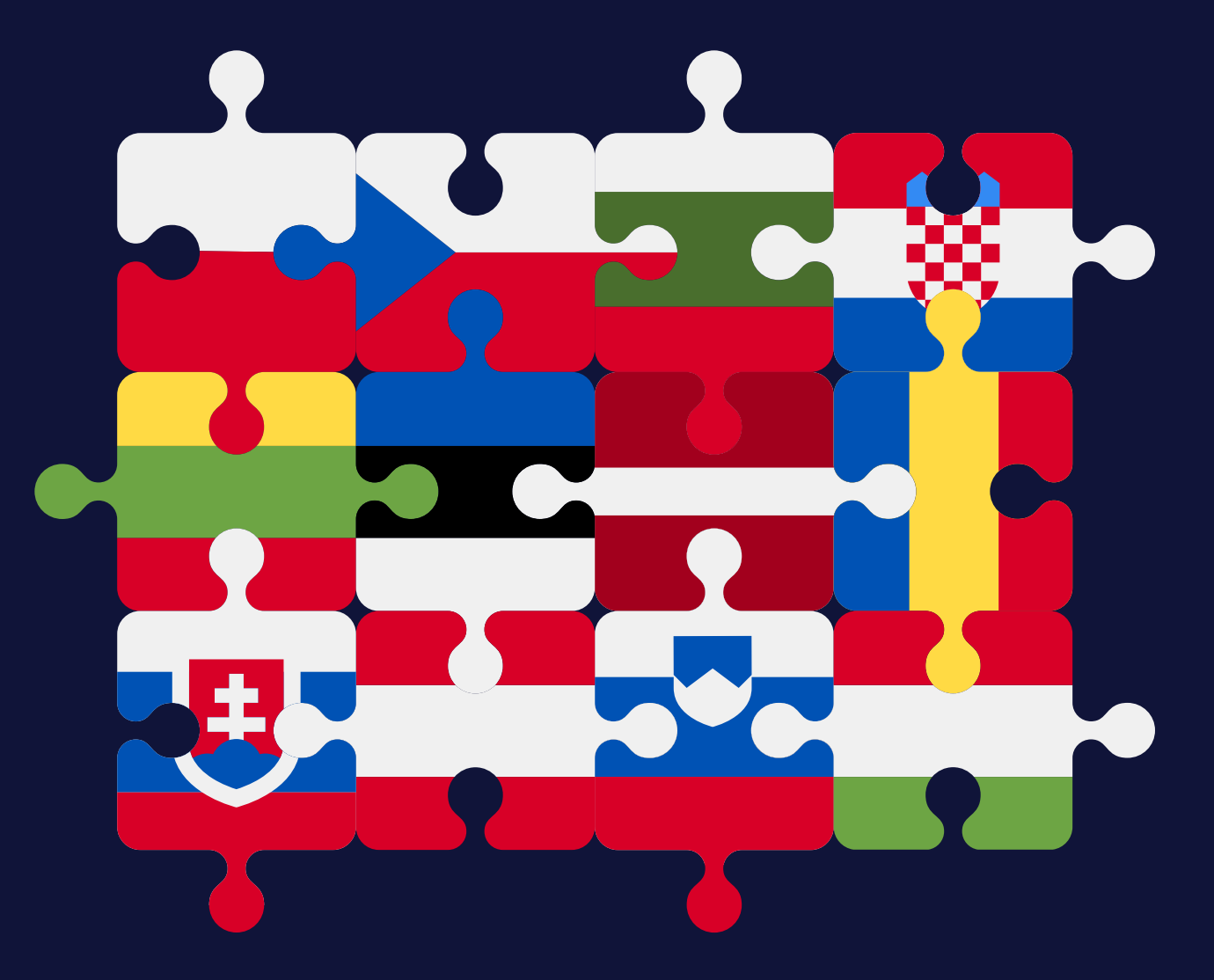Poland the fastest-growing economy in the Three Seas region

Published: 25/08/2020
Over the past 15 years, the Three Seas countries have been among the fastest-growing regions in the European Union.
Poland has done especially well: the average rate of growth in 2004-2019 was 5.3%. The percentage of the EU’s GDP generated by the Three Seas region rose from 15% in 2004 to 19% in 2018. As the Polish Economic Institute’s report entitled Building closer connections. The Three Seas region as an economic area shows, the total capitalisation of stock exchanges in countries in the region amounted to EUR 347 billion in 2018 and they implemented transport, energy and digital projects worth EUR 80 billion in 2014-2020.
The Three Seas Initiative is a political platform bringing together 12 EU member states located in Central Europe. It was established in 2015 on the initiative of the presidents of Poland and Croatia, Andrzej Duda and Kolinda Grabar-Kitarović. Its members are Austria, Bulgaria, Croatia, the Czech Republic, Estonia, Lithuania, Latvia, Poland, Romania, Slovakia, Slovenia and Hungary. Since Brexit, they account for 29% of the EU’s area and generate 19% of its GDP. Over the past 15 years, they have been among the fastest-growing regions in the EU. All of them (excluding Croatia) grew at least three times faster than the EU average. Poland (5.3%), Slovakia (4.8%) and Romania (4.7%) did especially well.
The Three Seas countries were not strongly affected by the global financial crisis of 2008-2009, maintaining an upward trend during that period. Their macroeconomic foundations were stable enough to return to a path of rapid economic growth after a short-lived recession in 2009. This stability resulted in part from concentration on industrial production: eight of the ten EU countries with the highest share of value added generated by industry in GDP are in the Three Seas region. In countries in the region, the average share is 16.7%, compared to just 13 per cent in other EU member states.
Countries in this part of Europe are also characterised by a fairly high share of value added generated by the ICT services sector in GDP – 3.8%. However, there is considerable variation between the Three Seas countries. While Bulgaria (5.4%) and Sweden (5%) are significantly above the EU average of 3.7%, Poland (3.1%), Lithuania (2.9%) and Greece (1.9%) are below it. Moreover, a study by Pentablog, which supports the recruitment of IT talent, found that the top four countries with the best programmers were Slovakia, the Czech Republic, Hungary and Poland.
“With its multitude of programmers and qualified workers, our region is a base for the emergence of Industry 4.0. We produce cars and create software for them. In the next decade, the Three Seas countries’ influence will only increase”, said Piotr Arak, director of the Polish Economic Institute.
Challenges for the future
The Three Seas Initiative is the contemporary realisation of the idea of building stronger connections between the countries in Central Europe, which dates back to the 19th century. In its current shape, its main aim is the economic integration of the region, which has much to gain from the growing flow of goods and services between east and west, as well as to support the diversification of energy sources. For the Three Seas countries to continue deepening economic cooperation, infrastructural connections – especially transport, logistical and digital ones – will need to improve.
The Three Seas countries are united by their attachment to transatlantic cooperation, sensitivity to security threats and a certain community of conservative values. Almost all of them will have to face the demographic trap associated with the wave of emigration and the low fertility rate. In countries in Central European, it fluctuates around 1.51 children per woman of reproductive age (at least 2.1 is needed for replacement-level fertility), compared to 1.64 in other EU countries.
However, the greatest challenge currently faced by the Three Seas countries is dealing with the economic consequences of the COVID-19 pandemic. These are likely to vary between countries and, by resulting in the bankruptcy of many western companies, will open the way to the expansion of some companies from the Three Seas region. The crisis could also be an opportunity to redefine the economic model and reduce dependence on foreign capital.
“The global crisis caused by the COVID-19 is a huge challenge for the economies of the Three Seas countries, but also a great opportunity. The pandemic has redefined traditional production and distribution channels. We are facing the opportunity to change the existing trade ties and cover a large part of markets in the industries that so far have been unavailable to us. As a Polish development bank, we support our entrepreneurs in foreign expansion on 70 markets and I am sure that the number will grow rapidly”, said Beata Daszyńska-Muzyczka, president of Bank Gospodarstwa Krajowego and chairperson of the Supervisory Board of the Three Seas Fund.
“The advantage of Central Europe is the relatively large industrial sector, which was a backup for some western European companies during the pandemic, when Asian supply chains failed. It is also a burden, because the automotive industry, which is one of the most affected by the coronavirus crisis, will no longer be as much of a driving force as in the past. IT services will be increasingly important for our region”, Piotr Arak added.
“The relatively mild decline in GDP growth in the Three Seas countries during the pandemic shows that the governments and development institutions in the countries of the region did their job properly, and the foundations of our economies are stable. As a development bank, we have launched additional special aid programs, especially for the SME sector. Our colleagues from banks and development institutions in other Three Seas countries did the same. Actions aimed at keeping the stability of this region are important for potential investors”, said Beata Daszyńska-Muzyczka.
The Polish Economic Institute is a public economic think-tank dating back to 1928. Its research spans trade, macroeconomics, energy and the digital economy, with strategic analysis on key areas of social and public life in Poland. The Institute provides analysis and expertise for the implementation of the Strategy for Responsible Development and helps popularise Polish economic and social research in the country and abroad.
Media contact:
Agata Kołodziej
Head of the Communications Team
tel. 48 727 427 918
Kategoria: Other / Press releases / Report / Reports 2020







